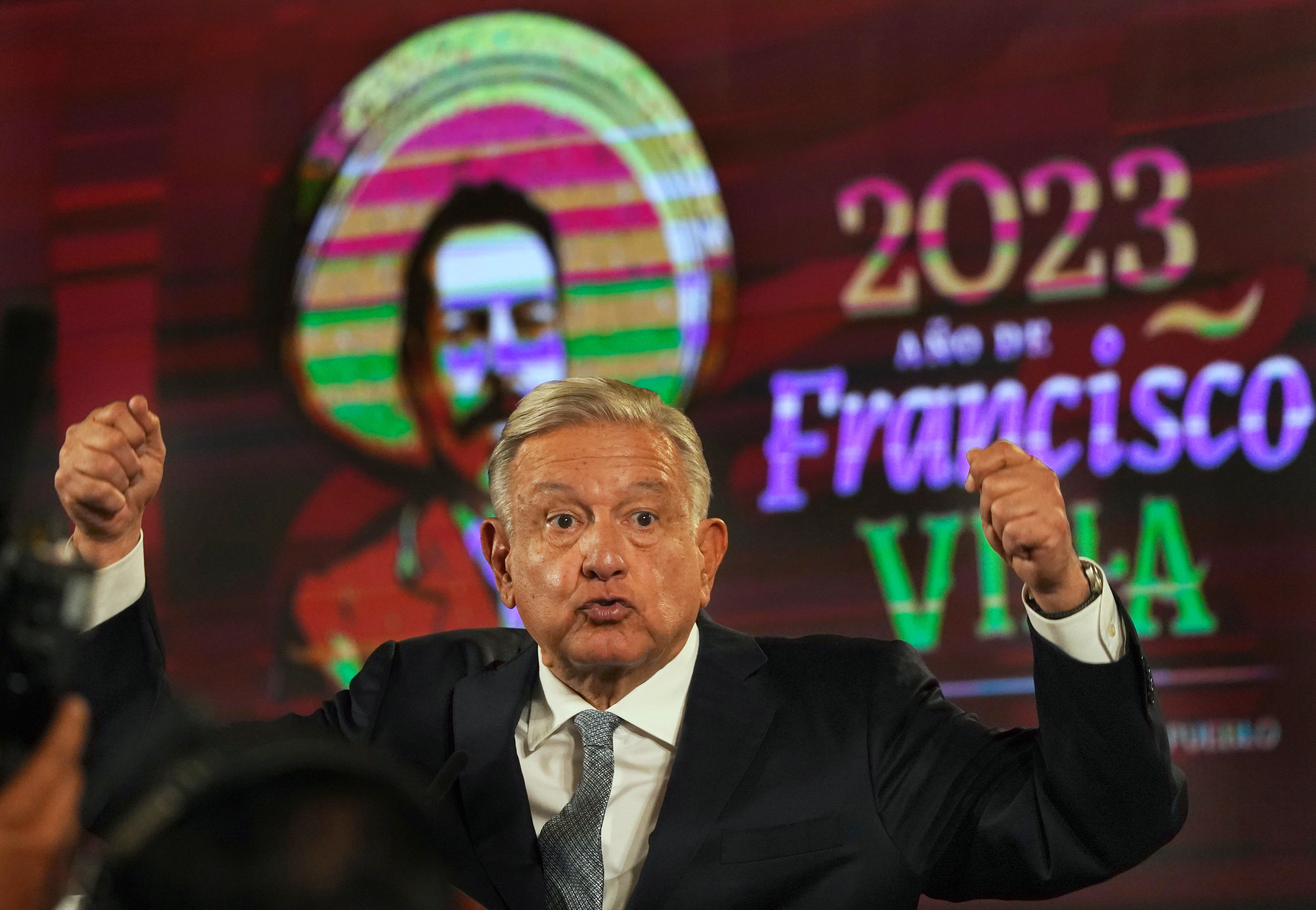Yelena Dzhanova
Feb 28, 2023
Bella DuBalle is a drag performer in Memphis, Tennessee.
Drew Parker/Courtesy of Bella DuBalle
A bill that would outlaw drag is poised to head to Tennessee Gov. Bill Lee's office soon.
Bella DuBalle, a Memphis-based drag queen, said the bill is "terrifying" and puts her at risk.
A bill that would outlaw drag is poised to head to Tennessee Gov. Bill Lee's office soon.
Bella DuBalle, a Memphis-based drag queen, said the bill is "terrifying" and puts her at risk.
"I could go to prison for six years for appearing in a public pride parade," she told Insider.
Bella DuBalle, a Memphis-based drag queen, is speaking out against a Tennessee bill that would outlaw drag if it becomes law.
The text of the drag ban bill says "adult cabaret performances" cannot be performed "on public property or in a location where the adult cabaret performance could be viewed by a person who is not an adult." The bill identifies "male and female impersonators" — drag kings and drag queens — as adult cabaret performers.
In an interview with Insider, DuBalle called the bill "terrifying" and said she's personally afraid for her own safety.
The bill specifies that a second offense would be considered a Class E felony, which carries a jail sentence of up to six years.
"I could go to prison for six years for appearing in a public pride parade," DuBalle said.
The proposed law has already received a majority vote from the state's Senate and House. A modified version of the bill needs one final approval in the Senate this week before it heads to Governor Bill Lee's office.
Lee told reporters on Monday that he expects to sign it into law.
Tennessee's public drag ban proposal is one of the latest anti-LGBTQ bills making their way through legislatures across the country. Drag in particular has become an avatar for right-wing attacks on LGBTQ rights. More than a dozen anti-drag bills were introduced in statehouses just this year.
Outside of drag, DuBalle identifies as nonbinary and said she worries the way she dresses could run her afoul of the law if it's passed.
"I'm scared if I'm wearing gender-nonconforming clothing in Kroger and somebody has their kids and they clutch 'em tight and call the cops, I could get arrested just for presenting the way I present in my daily life," she said.
DuBalle said the bill could make life hard for trans, gender-nonconforming, and nonbinary individuals.
Supporters of the bill have argued that it's written to protect children, a characterization DuBalle disagreed with.
"There has never once been a child who has been sexually assaulted or harmed at a drag show or a pride performance. If there had been, it would be a poster image for their campaign, we would see it everywhere," she said.
"If you want to contrast it with the absolute piles and piles of records of sexual abuse and misconduct in our churches, but we don't try and ban people from taking their kids to church," she continued.
DuBalle said she has noticed a vibe shift among her performer friends in Tennessee. She said their focus is now less on creating a festive and happy environment and more on educating audiences about the political history of drag.
She said she's noticed that many of them have begun to include a "somber" statement in their performance to demonstrate how the bill is affecting them.
The proposed legislation, she said, is an attempt to erase these performers.
"We can't ignore it and it's why I speak out in every single show now. It's why we've gotten so loud because if we don't fight for ourselves, we're afraid no one else will," she said.
Leaving Tennessee is not an option for DuBalle. The state has been her home for 43 years, and she's put down roots there, she said.
DuBalle said she also wants to stay to make sure queer kids in Tennessee feel safe there. The bill very much seems like an effort to oust LGBTQ people from the state and discourage them from moving in, she said.
"I grew up queer in Tennessee and I barely survived it," she said. "I feel that it is necessary for me to stay and fight to change the culture here for future queer kids that are going to be born and raised and can't run away or don't have the ability to leave."
The bill is part of a growing movement of anti-LGBTQ legislation in the United States. Utah recently passed a law banning gender-affirming care for trans youth. At least 21 other states are considering similar bills this year.
One 17-year-old affected by the Utah ban told Insider he's planning to uproot his life and move to Portland.
Insider also spoke with the mom of a 13-year-old trans child who said a South Dakota law that bans certain healthcare for trans youth has forced her to find and commute to doctors across state lines.
Recently, Iowa Republicans proposed a bill in which school officials and faculty members would be required to get permission from parents before calling students a nickname that does not "correspond to the biological sex" listed on their birth certificate.



















